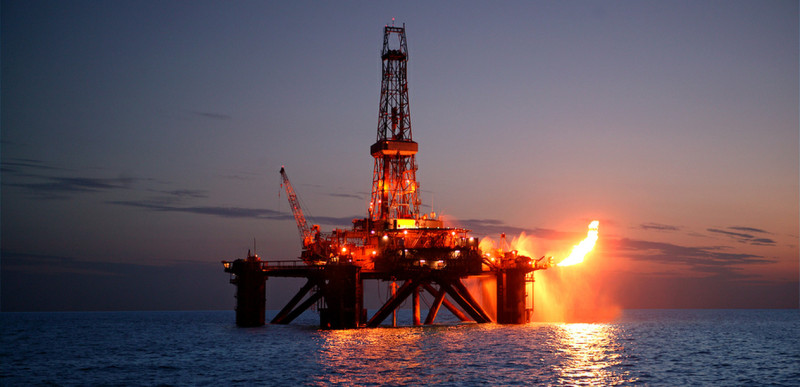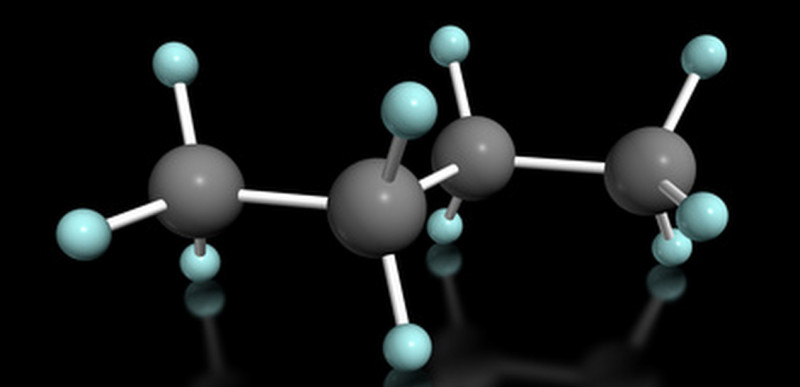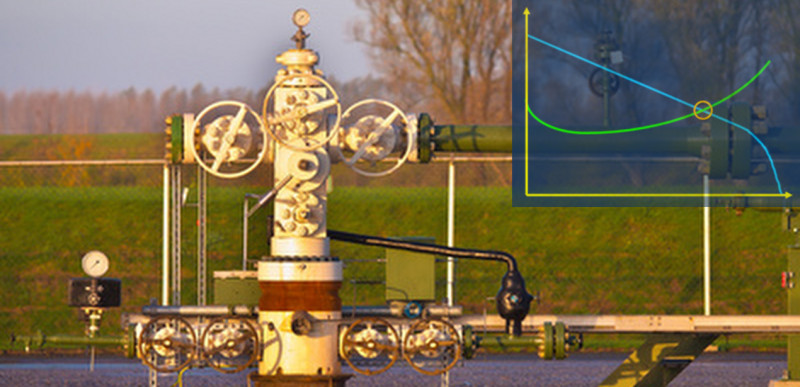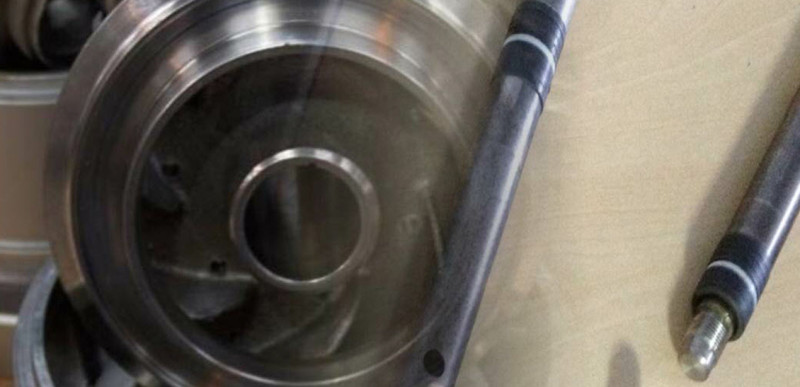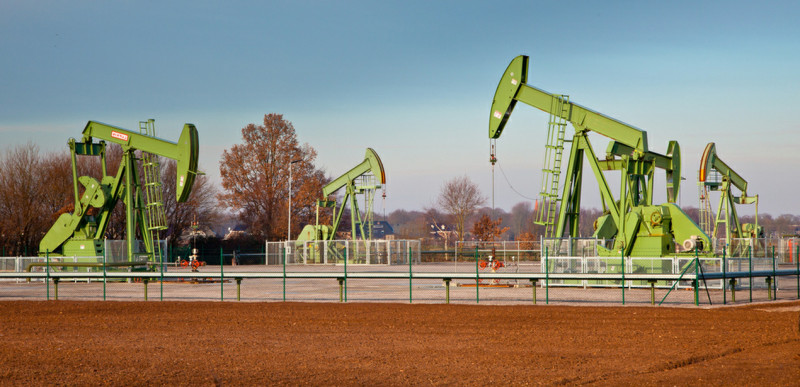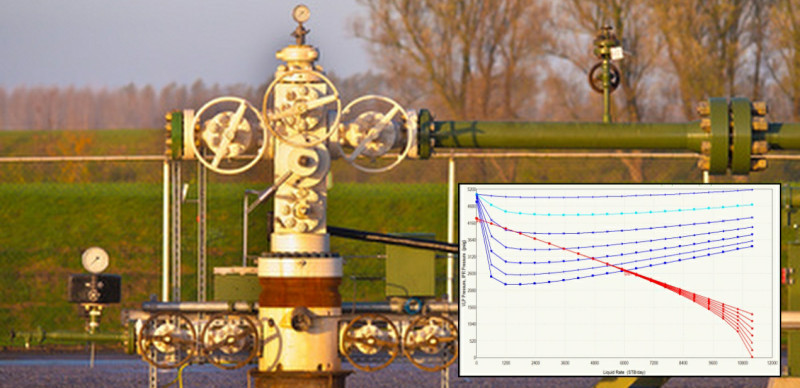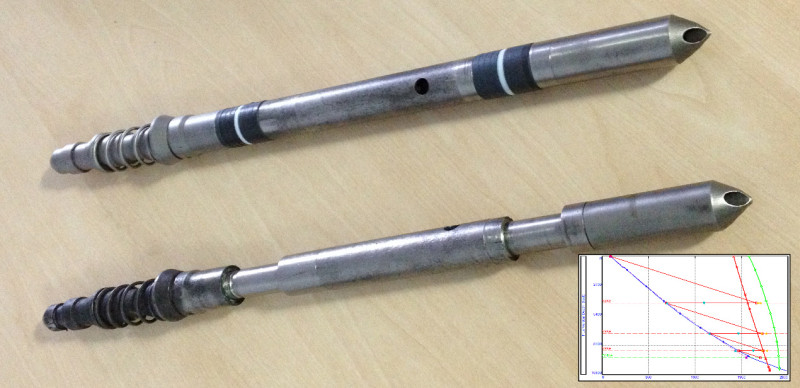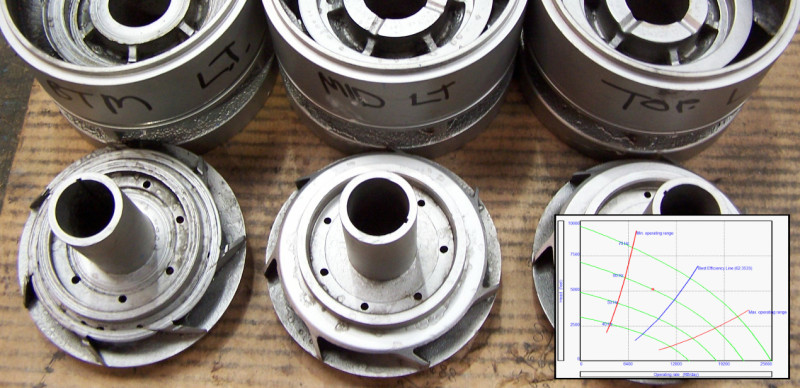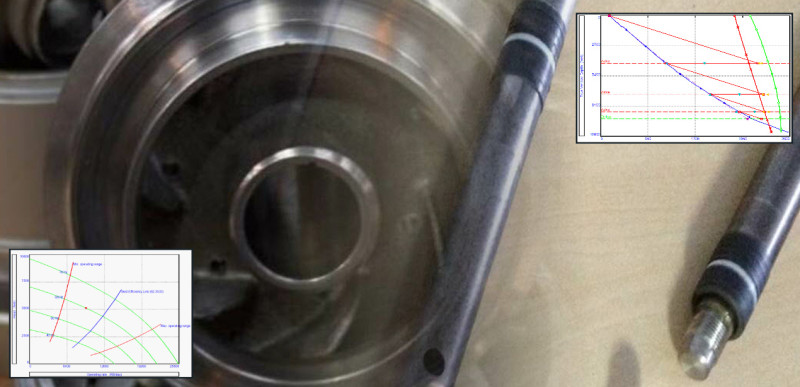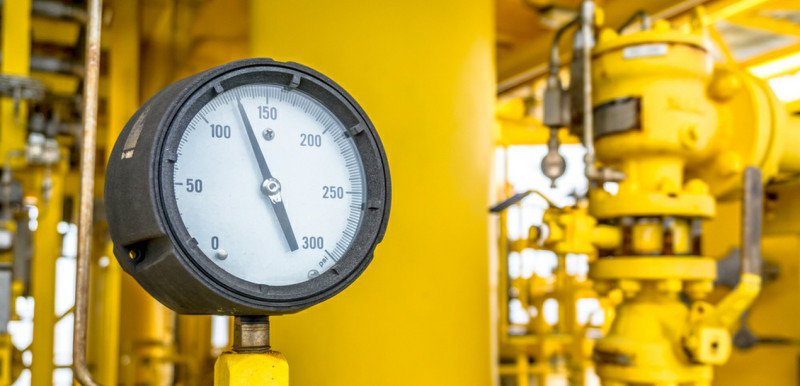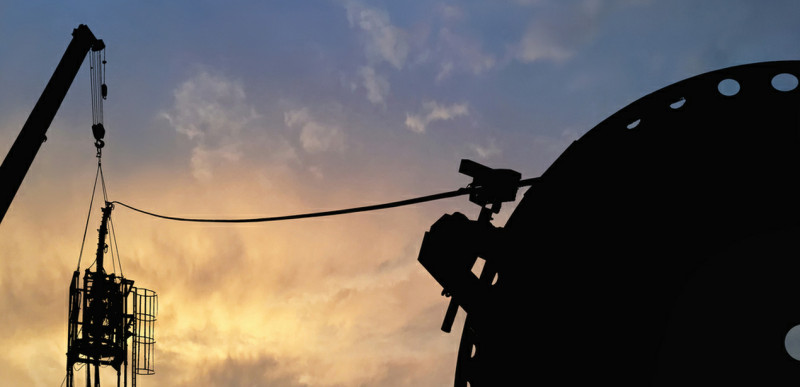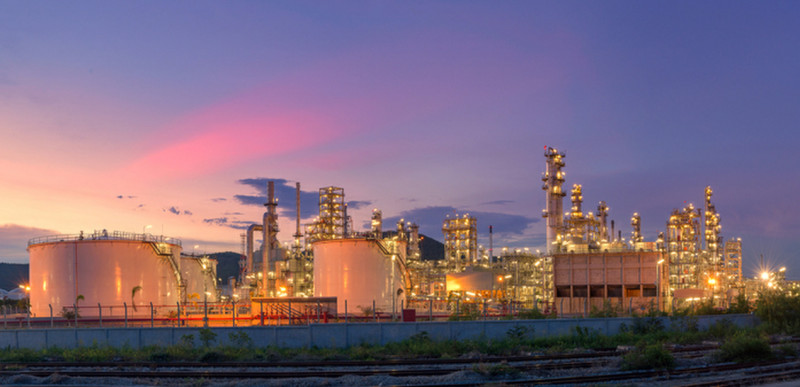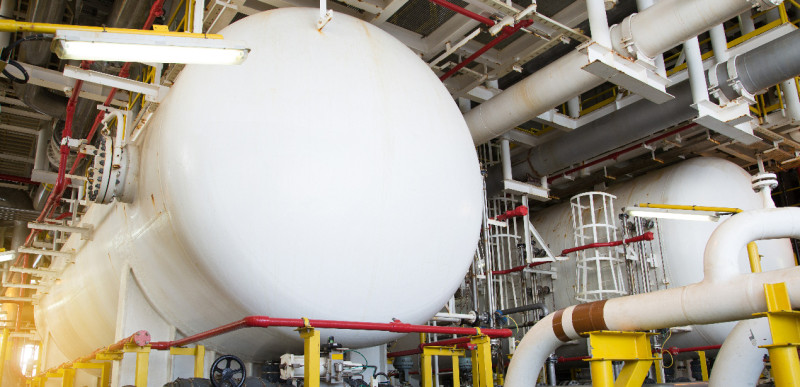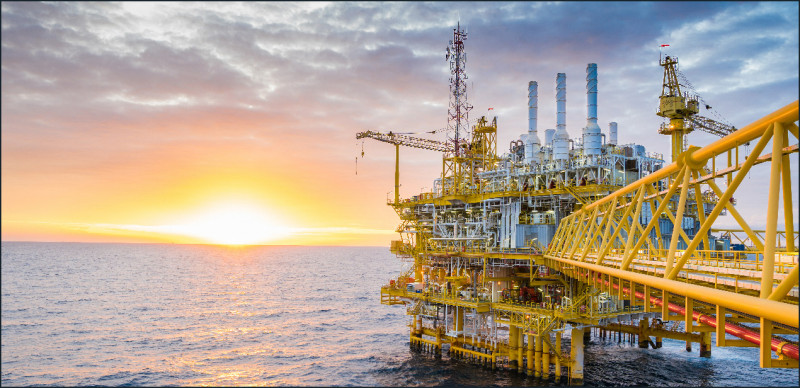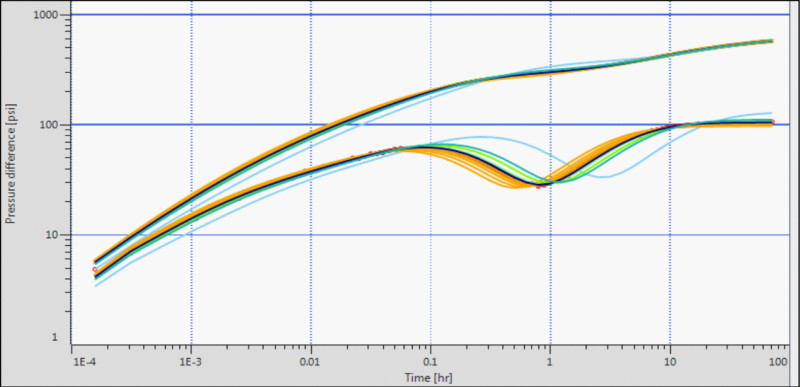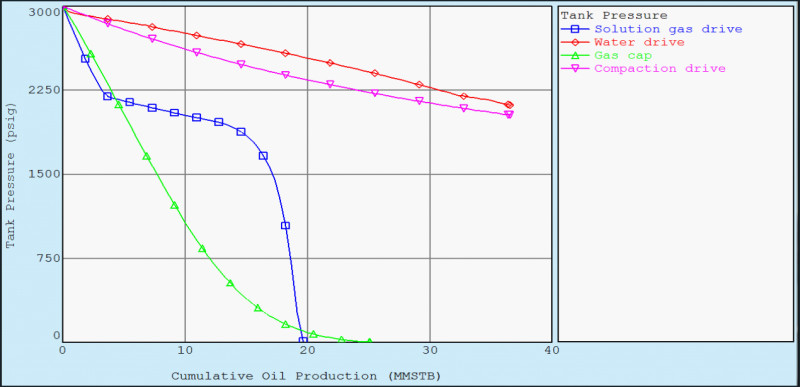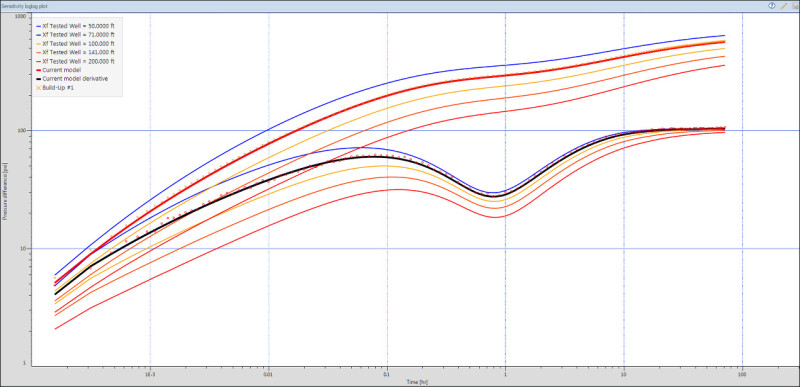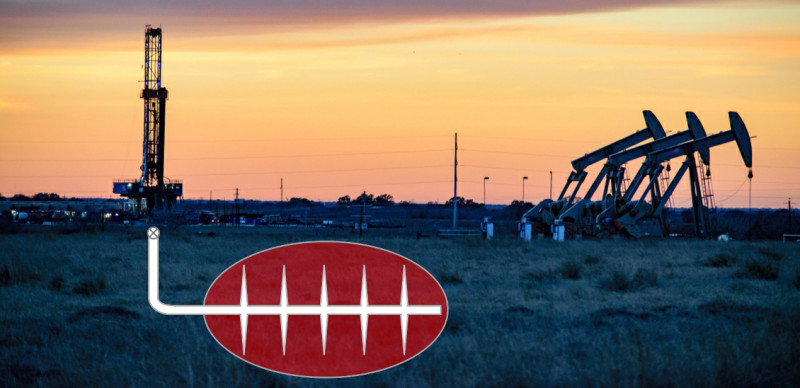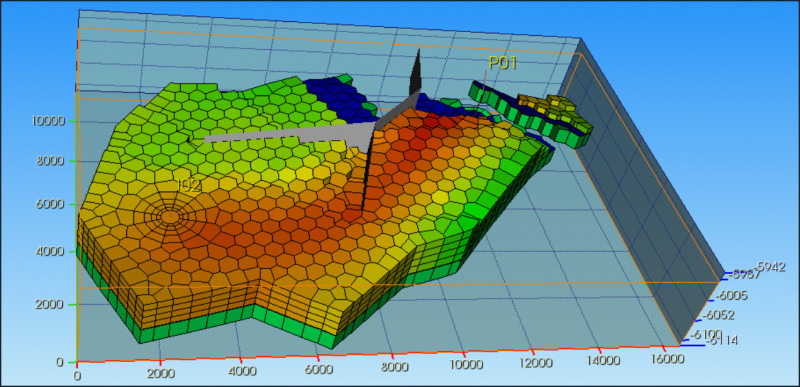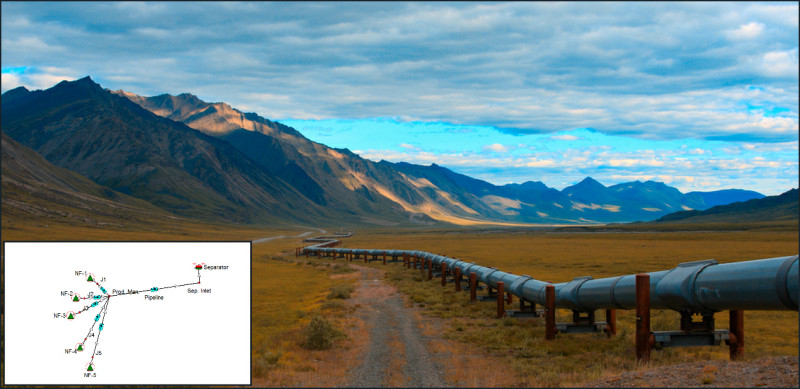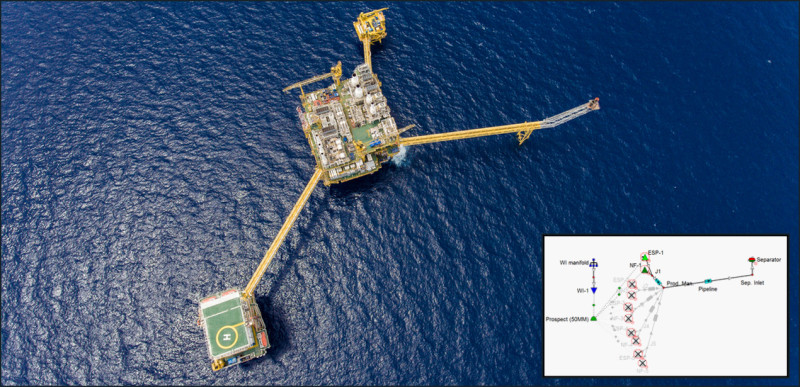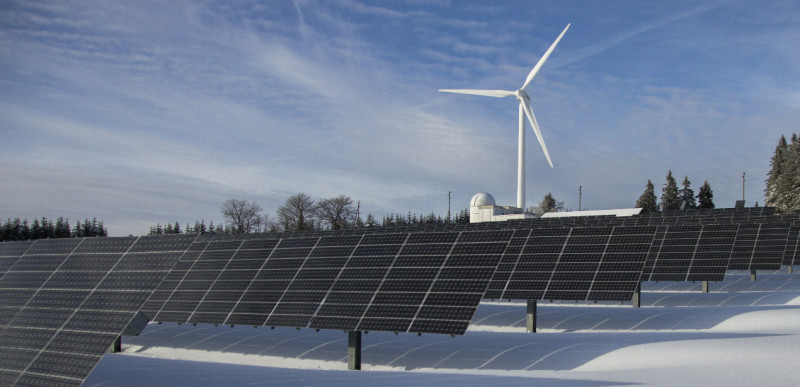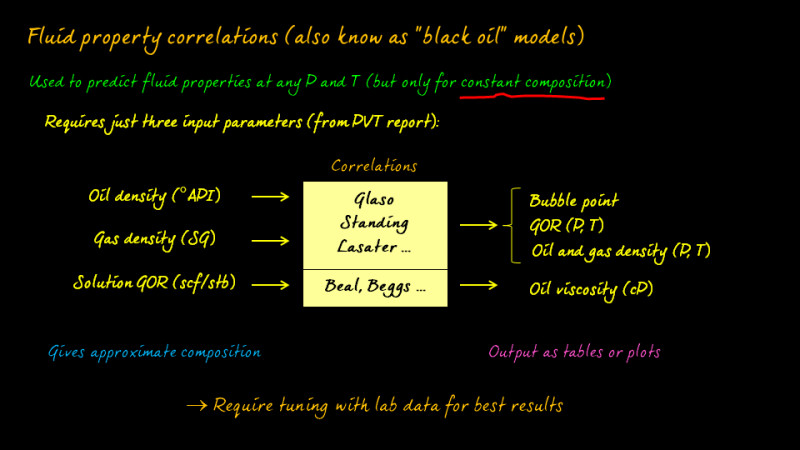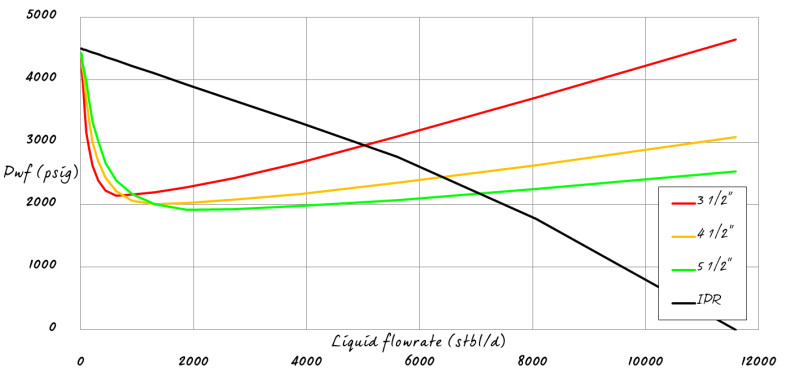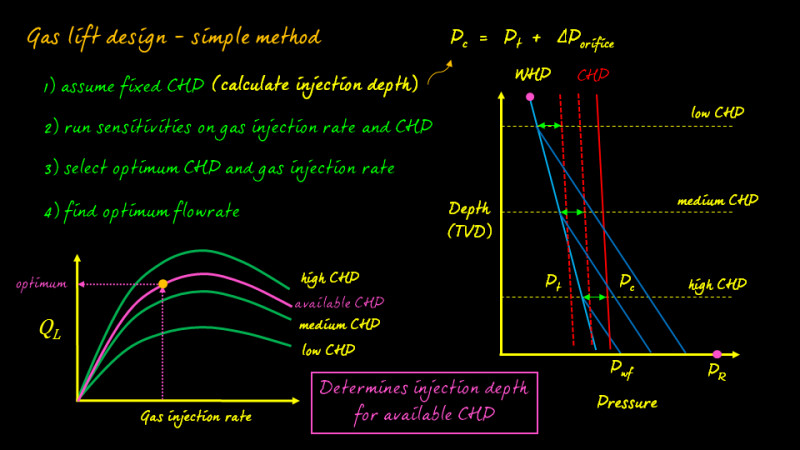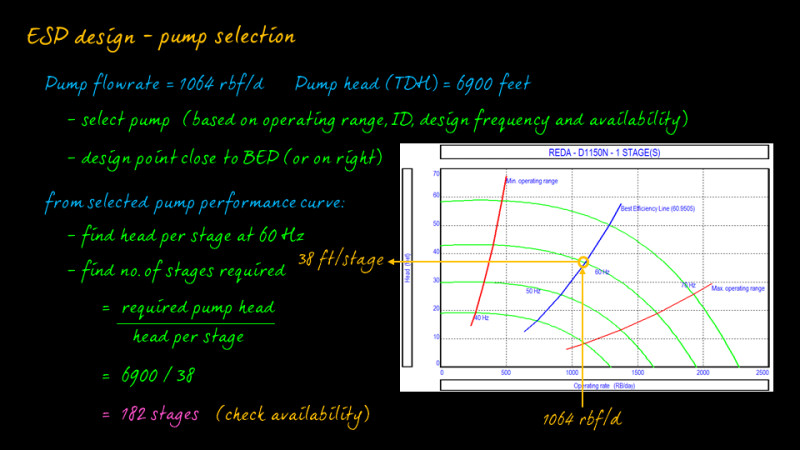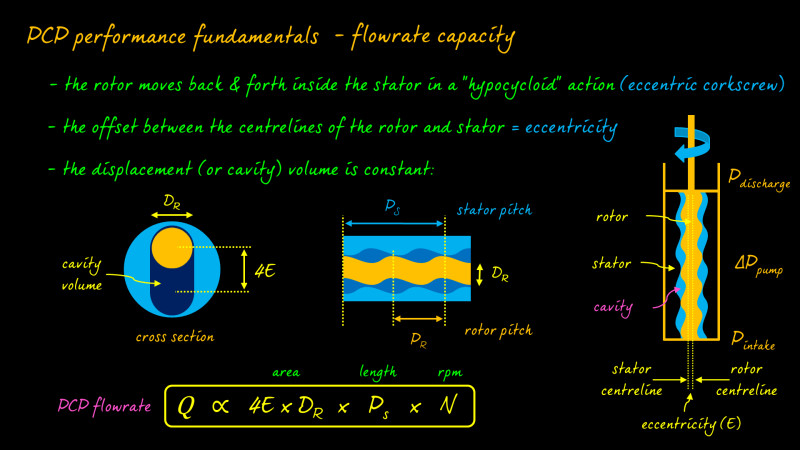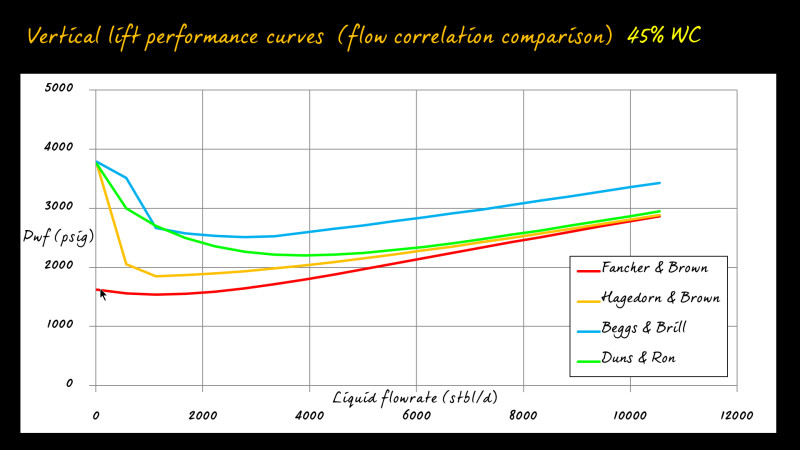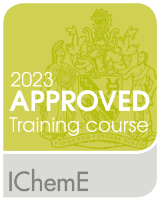Our Courses
Our carefully designed and industry recognised training courses offer you control and management of your own learning, with engaging and interactive evaluations. Get the benefit and outcome of formal classroom learning, but in your own time and at your own pace. Discover comprehensive explanations of key concepts and software applications for the study of petroleum engineering through searchable, succinct video tutorials and assessments.
Choose from one to ten day classroom equivalent courses – from an introduction to Petroleum Production to in depth coverage of topics such as Production Operations Engineering, Practical Reservoir Engineering and Integrated Production Modelling with Prosper, GAP and MBAL.
On completion of the final course exam you will receive a certificate of completion of your course. Recognised by major players in the industry across the world, these certificates will help to confirm your training record and your progress within the profession. All courses are accredited by the Institution of Chemical Engineers (IChemE).
Introduction to Petroleum Production (1 day)
This course provides an overview of the Petroleum Industry from global energy statistics to exploration, drilling, wells and production systems. 1 day classroom equivalent.
Introduction to Reservoir Fluid Properties (1 day)
This course covers the basic concepts and applications of fluid properties (PVT) for both oils and gases. Topics include fluid composition, properties. types, sampling, measurement, analysis, correlations and software applications. 1 day classroom equivalent.
Well performance prediction and optimisation (2 days)
This course covers the theory and practice of well performance and prediction (no software). Topics include production systems concepts, units and datums, fluid properties, inflow and outflow performance and nodal analysis. 2 days equivalent classroom course.
Artificial lift systems design and diagnosis (3 days)
This course covers the theory and practice of artificial lift design and diagnosis (no software). Topics include an overview of artificial lift systems, selection criteria and detailed reviews of gas lift, ESP and PCP systems. 3 days equivalent classroom course.
Artificial lift in unconventional reservoirs (1 day)
This course covers an overview of the properties of unconventional reservoirs and the particular issues that arise for the selection and application of artificial lift methods. These include a review of ESPs, gas lift, plunger lift and sucker rod pumps. (1 day classroom equivalent).
Oil well modelling with Prosper (3 days)
This course covers the concepts and application of naturally flowing oil well modelling with Prosper. Participants will understand how to collect and validate the proper data required for well analysis and to diagnose and troubleshoot well performance. 3 days classroom equivalent course.
Gas lift systems modelling with Prosper (1 day)
This course covers the concepts and software application of Gas Lift systems performance, equipment, design, operations and diagnosis. 1 day classroom equivalent.
ESP systems modelling with Prosper (2 days)
This course covers the concepts and software application of ESP systems performance, equipment, design, operations and diagnosis. 2 days classroom equivalent.
Artificial lift well modelling with Prosper (7 days)
This comprehensive course will enable participants to understand the concepts and practical applications of modelling naturally flowing and artificial lift wells (gas lift, ESPs and PCPs) with Prosper. Participants will understand how to collect and validate the proper data required for well analysis and to design, diagnose and optimise artificial lift well systems. 7 days classroom equivalent course.
Production Data Measurement, Surveillance and Allocation (2 days)
This short course covers the major topics in Production Surveillance - Production data measurement, gathering, reporting, analysis and visualisation. 2 days classroom equivalent. IChemE accredited course (14 CPD hours).
Well Integrity, Intervention, Sand Control and Stimulation (2 days)
This short course covers the key activities conducted in Well Operations - wellbore integrity, intervention, sand control, formation damage and stimulation. 2 days classroom equivalent. IChemE accredited course (14 CPD hours).
Flow Assurance, Fluids Treatment and Corrosion Control (2 days)
This course covers the main topics of Production Chemistry - flow assurance (including emulsions and foam formation, wax and asphaltene deposition, gas hydrate formation, scale deposition and the use of drag reducers), produced fluids separation and treatment facilities, and the control of corrosion by inhibition and materials selection. 2 days classroom equivalent. IChemE accredited course (14 CPD hours).
Fundamentals of Production Operations (5 days)
This extensive course covers all the fundamental concepts of production and facilities operations from exploration and drilling through to surface production treatment and export. Topics include; introduction to the petroleum industry, reservoir engineering fundamentals, fluid properties, well performance prediction, an overview of artificial lift systems, production measurement, surveillance and allocation, well integrity and operations, flow assurance and production chemistry, overview of surface production facilities, primary separation systems, oil. water and gas treatment systems and fluids transportation. This course provides a solid and comprehensive foundation for production operators, production engineers or facilities engineers. 5 days classroom equivalent course.
Production operations engineering (10 days)
This extensive course covers an introduction to petroleum production, well performance concepts and applications (well modelling with Prosper) and a review of artificial lift systems design and diagnosis and applications in unconventional reservoirs. Production operations topics include data measurement and analysis, well surveillance, well integrity, well intervention and sand control, formation damage and stimulation, production chemistry and flow assurance, surface production facilities and fluids treatment and corrosion control and materials selection. This course provides a solid and comprehensive foundation for all production engineers. 10 days classroom equivalent course.
Fundamentals of Reservoir Engineering (5 days)
This comprehensive course covers all the fundamental concepts of reservoir engineering. Topics include; reservoir engineering objectives, fluid and rock properties, well inflow performance, fluid flow in porous media, reservoir drive mechanisms, performance trend analysis, material balance and analytical aquifers, well testing and pressure transient analysis, reserves estimation. 5 days classroom equivalent course.
Reservoir modelling with MBAL (2 days)
An introduction to the reservoir engineering toolkit in MBAL (Monte Carlo oil in place calculation, decline curve analysis, 1D displacement and material balance). Building a new oil reservoir model, history matching methods and validation, fractional flow matching and prediction with well models. 2 days classroom equivalent course.
Applied Pressure & Rate Transient Analysis (2 days)
This short, practical course covers the concepts and software applications of pressure and rate transient analysis using Saphir and Topaze. Topics include an introduction to well testing, pressure drawdown analysis, wellbore storage calculations, pressure buildup analysis using superposition, Horner and MDH plots, dimensionless groups and type curves, de-convolution, gas well applications and rate transient analysis methods using Fetkovitch, Blasingame and Agarwal plots. 2 days classroom equivalent. IChemE accredited course (14 CPD hours).
Applied Unconventional Reservoir Analysis (2 days)
This is a short, intense course covering an introduction and definition of unconventional reservoir analysis. You will see the characteristics of unconventional reservoirs, including a shale overview, and typical rock and typical fluid properties. We will look at the decline curve models and production and reserves predictions. You will practice the application of the theory using Citrine and Topaze software from KAPPA Engineering. 2 days classroom equivalent.
Practical Reservoir Engineering (10 days)
This extensive course covers all the fundamental concepts of reservoir engineering plus practical applications in software tutorials (MBAL and KAPPA workstation). Topics include; reservoir engineering objectives, fluid and rock properties, well inflow performance, fluid flow in porous media, reservoir drive mechanisms, performance trend analysis, rate transient analysis, material balance and analytical aquifers, reserves estimation, well testing and pressure transient analysis, formation evaluation, improved and enhanced oil recovery, reservoir performance prediction and reservoir management and surveillance. You will also explore unconventional reservoir analysis and applications. 10 days classroom equivalent course.
Field production modelling and forecasting with GAP & MBAL (1 day)
This short, intense course covers the key concepts behind surface network modelling and forecasting using GAP and MBAL. Topics include building a new oil network model, running sensitivities on pipeline diameter, adding constraints and optimising gas lift and ESP wells systems. Field production forecasting involves adding a reservoir model to the surface network model. Topics include running a prediction and viewing the results, adding a water injector and adjusting well timing to achieve an optimum oil production plateau rate. We also evaluate the effect on recovery factor of converting wells to gas lift and ESP. 1 day classroom equivalent course.
Integrated production modelling with Prosper, GAP and MBAL (10 days)
This extensive course will enable participants to understand the concepts and practical applications of modelling naturally flowing and artificial lift wells with Prosper, surface network modelling with GAP, reservoir modelling with MBAL and full field performance prediction with GAP and MBAL. 10 days classroom equivalent course.
Fundamentals of Renewable Energy Engineering (5 days)
This extensive course covers all the fundamental concepts and operation of renewable energy generation systems that may be used in energy transition scenarios to achieve net zero targets. Topics include; introduction to renewable energy, hydro power, wind power (onshore and offshore), solar power (PV and CSP), bio-energy (biomass), alternative transportation energy storage technologies (batteries and hydrogen), geothermal energy, marine energy (tidal and wave) and carbon capture and storage (CCS). 5 days classroom equivalent course.
Match PVT in a well model ...
A guide to entering data for matching a PVT correlation in a well or reservoir model.
Run sensitivities in a well model (oil) ...
A guide to running outflow and inflow sensitivities on well performance prediction (watercut, tubing size, WHP, PI etc.) and software applications.
Do a quick gas lift design ...
A quick guide to gas lift design (concepts and application).
Do a quick ESP design ...
A quick guide to ESP design (concepts and application).
Do a quick PCP design ...
A quick guide to PCP design and operation, both concepts and practical application.
Generate VLP curves ...
A guide to generating and exporting vertical lift performance curves (VLPs) for naturally flowing, gas lift and ESP wells.
